- German and Israeli researchers have recently found that the daily intake of small amounts of THC could reverse age-related brain decline.
- The key seems to lie in the role tetrahydrocannabinol (THC) plays in the repair of the endocannabinoid system, improving the performance of CB1 receptor and increasing the concentration of G protein, both key in the transmission of signals concerning learning and memory.
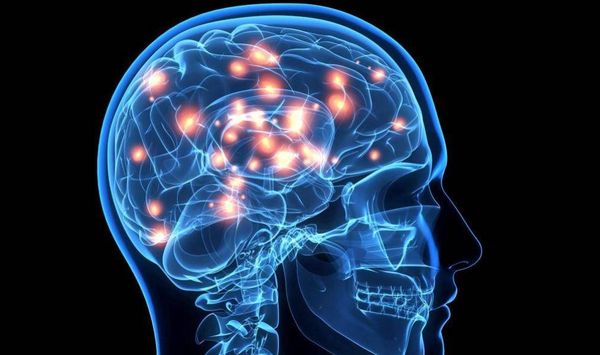
What if the long-awaited elixir of eternal youth was closer than we thought? According to researchers in the University of Bonn (Germany) and the Hebrew University of Jerusalem (Israel), tetrahydrocannabinol (THC), the psychoactive compound found in marijuana, could reverse brain decline, which hinders skills like learning, memory performance and concentration, particularly in old age. It is still early to tell, but being elderly while functioning like a twenty-something may no longer be a pipe dream thanks to cannabis.
So far, the lab tests have just been carried out on mice, which have a rather short lifespan and show cognitive deficits at two. Mice of various ages (2, 12 and 18 months) were administered with small amounts of THC over a four-week period and it was found that the learning and memory skills of the mice aged 18 months had significantly improved, resembling those of the mice aged 2 months.
Published in early May in the prestigious journal Nature Medicine, the findings are the result of the action of THC on the brain. As pointed out by the researchers, this psychoactive substance not only had an effect on the endocannabinoid system of the animal, but it also restored it, resulting in an improved performance of receptor CB1 and G protein, which are key in the transmission of signals in the brain. Moreover, THC-treated mice experienced changes in the hippocampus, a component of the brain that is directly involved in the formation and retrieval of memories, which resulted in improved long-term and short-term memory in older individuals.
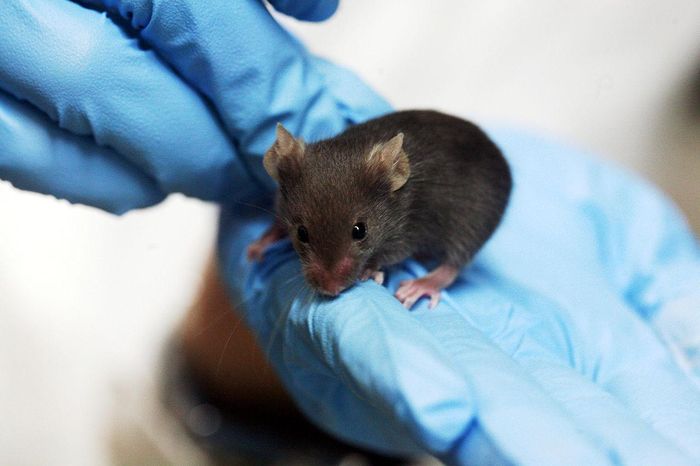
Even if they have cautioned that they do not know if the process will achieve the same results in humans, researchers are hopeful: "chronic, low-dose treatment with THC or cannabis extracts could be a potential strategy to slow down or ever reverse cognitive decline in the elderly," they conclude in the study. This would amount to no less than a revolution where cannabis could be regarded as a potential cure for certain cognitive disorders such as dementia or Alzheimer's. "Cannabis preparations and THC are used for medicinal purposes. They have an excellent safety record and do not produce side-effects when administered at a low dose to older individuals," the researchers say.
Cannabis, an ally against Alzheimer's
And this is not the only study to link cannabis and brain rejuvenation. Spanish researcher María López de Ceballos, from Spanish National Research Council's Cajal Institute, has been studying the effects of cannabinoids in the brain for over a decade with a view to finding a possible treatment for Alzheimer's. In her early research, in 2005, she demonstrated these compounds have anti-inflammatory properties, which allow to reduce brain swelling (neuroinflammation) and thus better protect neurons.
Since then, the number of studies on the effects of cannabis on the brain has proliferated. More recently, the plant has been proven to reduce the levels of a protein linked to Alzheimer's symptoms. According to this study published in the American Journal on Alzheimer's Disease, low doses of THC can enhance mitochondria function as it reduces the level of amyloid-beta proteins, one of the principal causes of the condition.
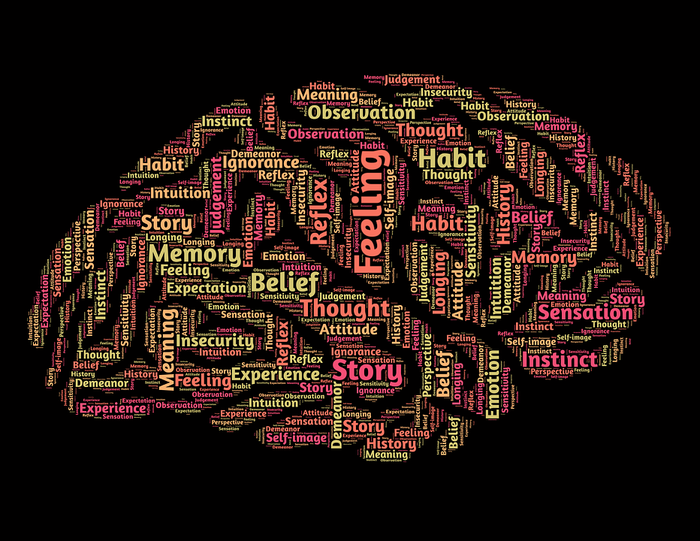
Scientists from the Salk Institute of Biological Studies, California, have also demonstrated the effectiveness of THC in the elimination of this toxic protein that builds up in the brain and accelerates the progression of the disease. But THC is not only capable of eliminating the toxic plaques of proteins, it also helps with cell swelling, allowing normal brain function and improving neuronal communication.
That said, to date this kind of research has involved just mice. Even if no toxicity was observed, tests have not been conducted on humans yet. This would require the commitment of clinical neurologists, but "this has not been the case yet," Ceballos complains. In any case, it would prove impossible to carry out the studies in many countries because of the restrictions linked to the illegal status of cannabis.
Anyhow, THC is not cannabis' only beneficial substance for the brain. Scientists from Neuroscience Research Australia have demonstrated the involvement of cannabidiol (CBD), another major cannabinoid found in cannabis, in the mitigation of Alzheimer's-related cognitive disorders. As well as decreasing the accumulation of amyloid-beta proteins, CBD reduces phosphorylation of tau proteins, mainly responsible for the death of brain cells in this type of diseases.
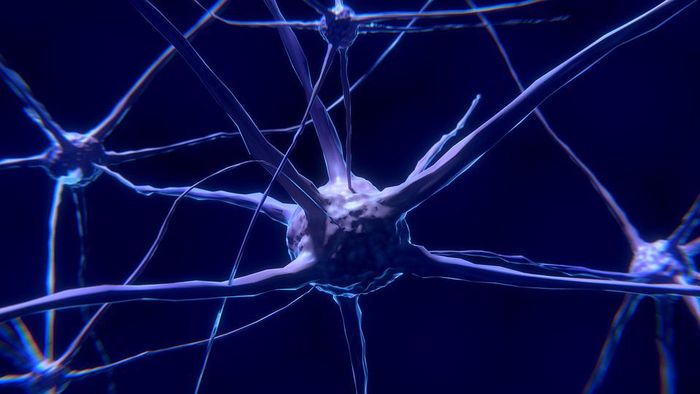
Just as THC, CBD also reduces neuronal swelling and encourages the formation of new brain cells that could help slow down the disease. In fact, a study carried out in 2011 proved that cannabidiol could induce neurogenesis – the formation of cells in the central nervous system – in the hippocampus, blocking amyloid-beta's harmful action.
Its role in neuronal protection and recovery
Cannabis is not only useful for the treatment of brain diseases, it also exerts a neuroprotective function that allows to prevent them. According to a study carried out by the School of Farmacy of Fukuoka University in Japan, CBD can protect the brain during a cerebrovascular accident (CVA) as it increases cerebral blood flow following CVA and thus reduces the impact of the stroke. It was also found that the activation of cannabinoid receptors – a natural effect of cannabis – can reduce brain damage and memory loss following a stroke.
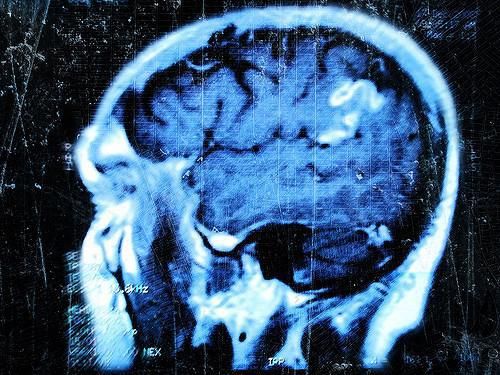
In the same vein, a research group of Puerta de Hierro University Hospital in Majadahonda (Madrid) studied the potential of CBD to protect the brain against oxygen deprivation. After conducting various tests on newborn piglets, the Spanish researchers determined that oxygen-deprivation related issues, such as brain cell oxidative stress, inflammation, damage and destruction, were significantly reduced. The researchers praised the "strong neuroprotective effects" of CBD, making it a point of reference in the field of medicinal cannabis together with its relative THC.
The body of research into the therapeutic compounds of marijuana and their application in brain health is increasingly growing, but there is still a long way to go. Cannabis has enormous potential and research on humans is needed in order to better understand its possible therapeutic benefits.



Comments from our readers
There are no comments yet. Would you like to be the first?
Leave a comment!Did you like this post?
Your opinion about our seeds is very important to us and can help other users a lot (your email address won't be made public).